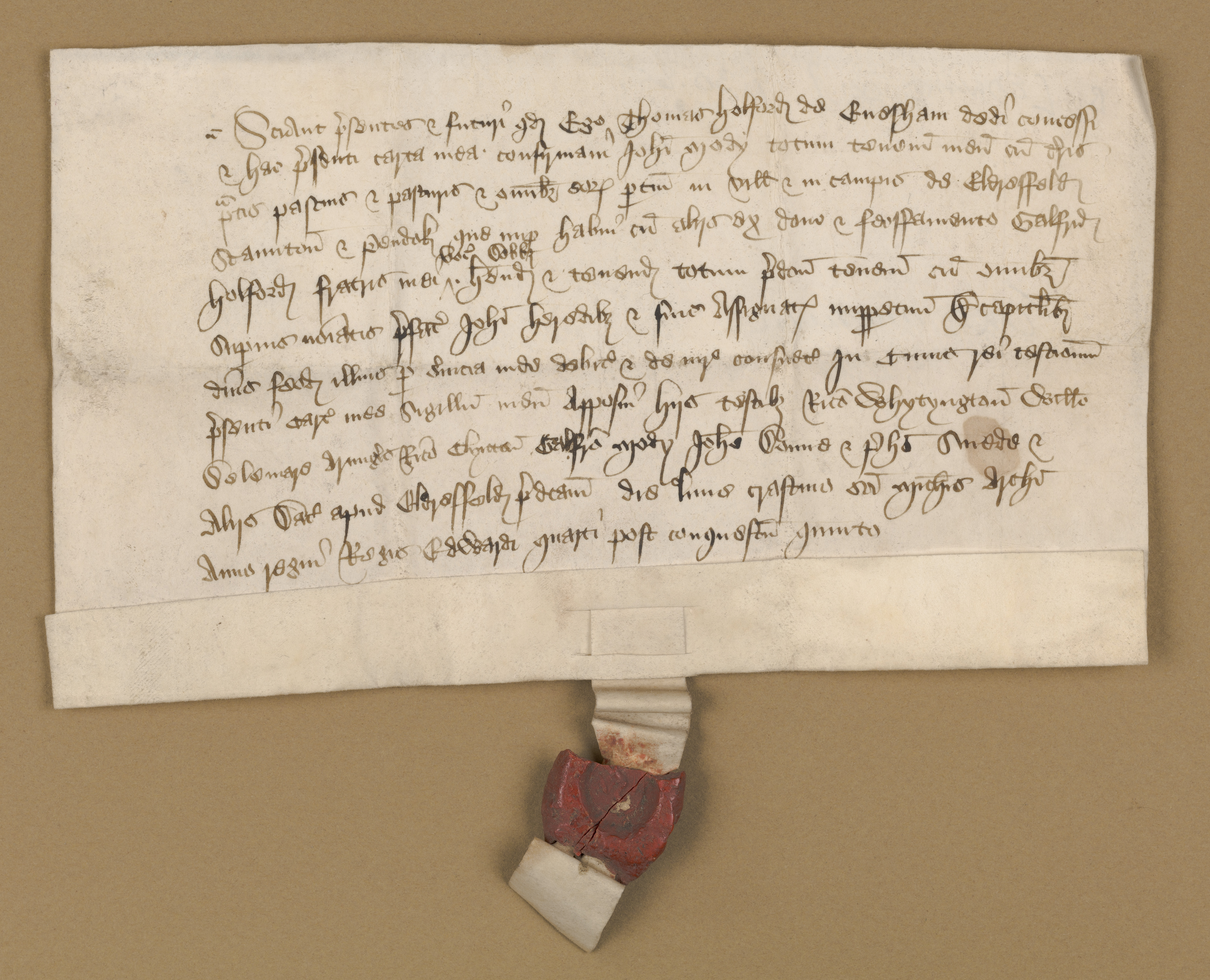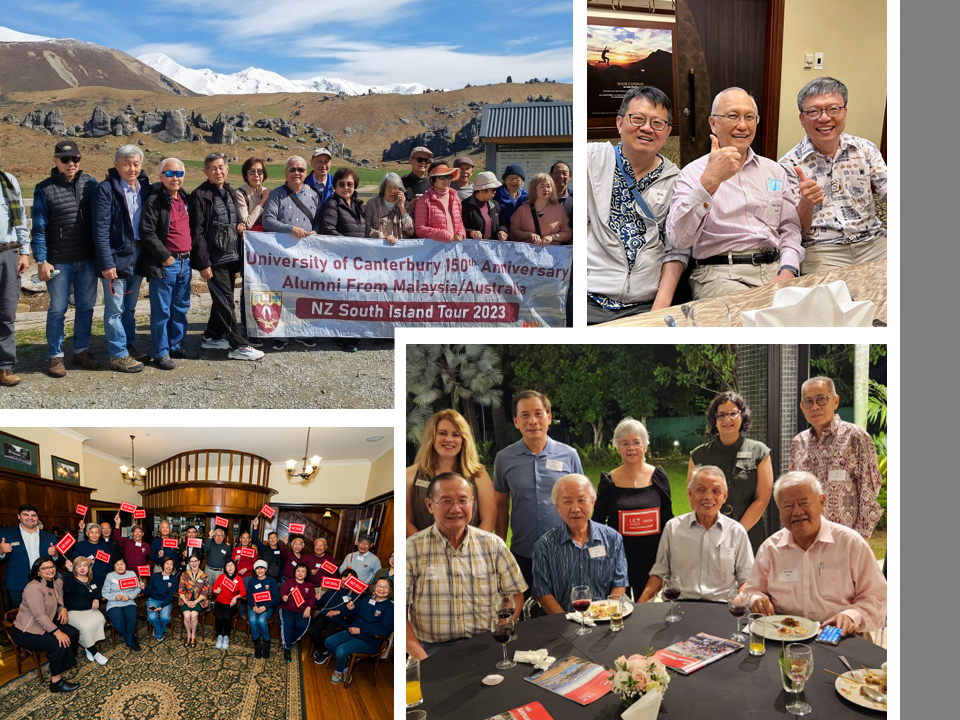“From the point of view of health promotion, the garden has helped a lot with understanding nutrition. In the last session, group members brought in vegetables they’d grown at home and talked about growing and cooking them,” Toleafoa Malu shares.
“It’s a way for the young ones to learn from the elders. Many elders have been in New Zealand for a long time, and many are married to Pākehā. They educate the younger ones and newer arrivals to Christchurch about growing and eating crops that are available in New Zealand.
“It’s also a great opportunity for the younger generation to learn about their language, culture, and the stories and histories from home,” she adds.
Through the group, both Toleafoa Malu and Dr Vakamacawai have learned about new produce. Recently, Toleafoa Malu tasted her first fig that someone had brought in, and Dr Vakamacawai’s first experience with a feijoa was also through the group. “They smell and look the same as guava,” he says.
“But soft,” adds Toleafoa Malu, who loves them.
Going forward, Dr Vakamacawai is looking forward to helping members of the group start their own vegetable gardens at home.
%20and%20Toleafoa%20Malu%20Tulia.jpg/_jcr_content/renditions/cq5dam.web.1280.1280.jpeg)







